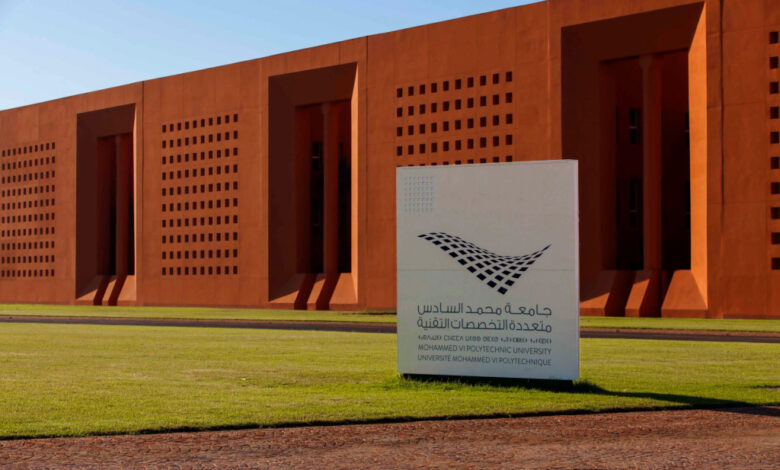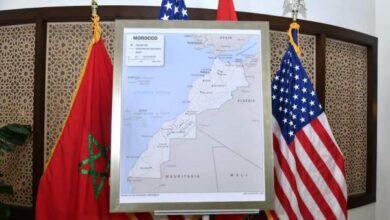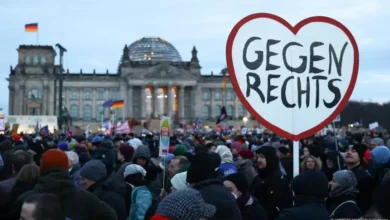Bouaké and Benguerir: Two African Cities Setting a Leading Model for Lifelong Learning and Sustainable Development

Bouaké in Côte d’Ivoire and Benguerir in Morocco have taken center stage as leaders in lifelong learning across Africa, having been recognized among the ten global winners of UNESCO’s 2024 Learning Cities Awards. This achievement is the result of continuous efforts to create inclusive educational environments that provide flexible and diverse learning opportunities for all individuals, regardless of age or social status. These opportunities span from basic education and vocational training to skills enhancement, literacy programs, and cultural, sports, and community activities.
Towards Sustainable Development and Community Engagement
The concept of lifelong learning in these cities is rooted in empowering individuals, fostering their social and economic integration, and encouraging active participation in their communities. This holistic vision is supported by national and international partnerships, as well as local coordination committees comprising government bodies, universities, and educational stakeholders. In Bouaké, these partnerships have developed a comprehensive system for enhancing knowledge and skills. Meanwhile, Benguerir has established a steering committee under the governor’s supervision to align efforts among local authorities, educational institutions, and beneficiaries.
Women Empowerment and Literacy
Women’s empowerment is central to the strategies of both cities. Bouaké has created a fund providing microloans to around 450 women, enabling economic independence and offering vocational training programs to improve their employability. In Benguerir, literacy initiatives target women, ensuring their integration into public life, reinforcing equality, and enriching the social fabric.
Green and Inclusive Education
Both cities connect education with sustainable development by supporting the green economy. In Bouaké, 500 young people have been trained in sustainable urban agriculture and the circular economy. Additionally, the “Sustainable Bouaké City” project has provided eco-friendly professional training for 600 young people, 40% of whom are women. Benguerir’s “POGO” electric mobility project has reduced 90 tons of carbon dioxide emissions, showcasing the city’s commitment to sustainability.
In terms of inclusion, Benguerir has achieved a 100% integration rate for non-native children into schools and established a “Second Chance School,” enabling 359 school dropouts to re-enter education and acquire vocational skills.
Diverse Funding and Future Investment
Both cities recognize the importance of sustainable funding for lifelong learning programs. Benguerir increased its budget for such initiatives by 164% in 2024, while Bouaké leveraged partnerships with the European Union to secure annual funding for community-based education and sustainable development projects. The cities have also attracted investments from the private sector and civil society, broadening financial support and ensuring program continuity.
Citizen Participation and Building the Future
The cities aim to instill a culture of community engagement by transforming public spaces into intergenerational learning hubs, organizing workshops on digital and environmental awareness, and promoting local entrepreneurship. Bouaké and Benguerir plan to expand further by focusing on green jobs, supporting marginalized groups, and offering scholarships and educational opportunities for youth and women.
A Model to Follow
The experiences of Bouaké and Benguerir demonstrate that investing in lifelong learning, economic and social empowerment, and sustainable environmental development can lead to positive transformations in urban communities. Their success goes beyond improving education levels; it provides a living model for building inclusive knowledge cities capable of adapting to challenges and turning them into developmental opportunities for all.



